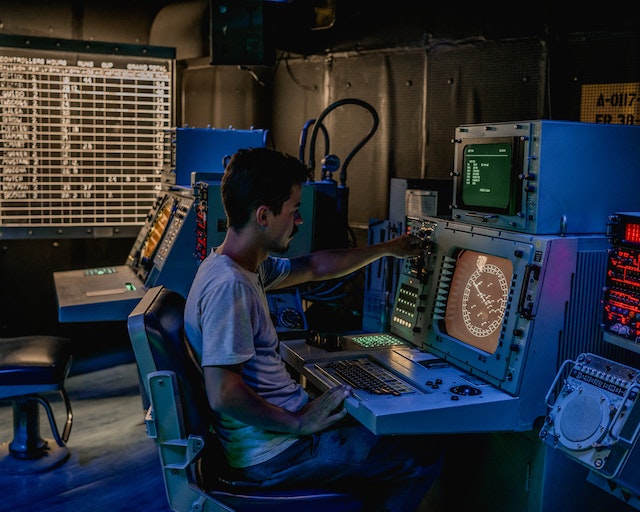In an era of advanced technology and interconnected systems, control rooms have become the nerve center for many industries. These dedicated spaces exist to monitor and manage complex operations in real-time, providing enhanced situational awareness and facilitating rapid response to unforeseen incidents. This article will explore the importance of control rooms in various industries and delve into the key features and components that make them indispensable.

What Are Control Rooms?
Definition & Overview
Control rooms, also known as operations centers or command centers, are specialized facilities designed to manage and oversee the operations of large-scale systems and processes. These rooms have advanced monitoring and control systems that enable operators to make informed decisions quickly, ensuring the smooth functioning of various industrial processes.
Key Features & Functions
Control rooms have various features and functions that make them essential. Some of these key features include:
- Real-time monitoring: Control rooms enable the continuous monitoring of processes, providing operators with up-to-date information on the status of a business’s operations.
- Centralized control: Control rooms provide a centralized location for operators to manage multiple systems at one time, streamlining decision-making and response times exponentially.
- Enhanced situational awareness: Control rooms provide operators with a comprehensive view of the entire operation, enabling them to identify potential issues and respond to them quickly.
- Rapid incident response: In the event of an incident, control room operators can quickly assess the situation and initiate appropriate actions to mitigate additional risks and minimize downtime.
Components
Control rooms typically have several key components that make efficient monitoring and control possible. These components may include:
- Human-machine interface (HMI): The HMI is the primary interaction between operators and control systems, allowing them to monitor process variables and execute control actions.
- Supervisory control and data acquisition (SCADA) systems: SCADA systems collect, store, and process data from various sensors and instruments, providing operators with real-time information on system performance.
- Control hardware: This includes various devices and equipment used to execute control actions, such as programmable logic controllers (PLCs), remote terminal units (RTUs), and distributed control systems (DCS).
- Communication networks: Communication networks enable the exchange of information between control systems, sensors, and other equipment, ensuring seamless integration and coordination of operations.
Why Are Control Rooms So Important in Some Industries?
Importance of Real-Time Monitoring & Control
Real-time monitoring and control are crucial for ensuring the efficiency and reliability of industrial processes. Control rooms provide operators with the tools and information needed to make informed decisions quickly, allowing them to identify and address potential issues before they escalate into more significant problems.
Enhanced Situational Awareness & Response Time
The control room design layout is set up in such a way that it gives operators a comprehensive view of an entire operation, enabling them to assess situations quickly and respond as needed. Enhanced situational awareness is essential for maintaining the safety and efficiency of industrial processes. It also minimizes the impact of incidents on a business’s operations and the environment.
Safety & Risk Mitigation
Safety is a top priority in many industries, and control rooms play a vital role in ensuring the well-being of both personnel and equipment. By providing operators with real-time information and advanced control capabilities, control rooms enable rapid incident response and risk mitigation, helping to prevent accidents and minimize the potential for harm.
Industries That Use Control Rooms
Energy and Utilities
Control rooms are essential for managing the generation, transmission, and distribution of electrical power and monitoring and controlling the operation of water, gas, and other utility systems. These facilities help to ensure the reliability and stability of critical infrastructure, safeguard public services, and minimize the risk of outages.
Transportation & Traffic Management
Transportation systems, such as railways, airports, and traffic management centers, rely on control rooms to monitor and manage the movement of vehicles and passengers. Control rooms in this context enable the efficient coordination of transportation services, ensuring safe and reliable travel for millions of people each day.
Manufacturing and Industrial Processes
Control rooms are in various manufacturing and industrial processes, from chemical plants and refineries to food processing facilities and automotive assembly lines. These facilities enable operators to monitor and control production processes in real time, ensuring optimal efficiency and product quality while minimizing the potential for workplace accidents and downtime.
Conclusion
Control rooms are integral to many industries, providing real-time monitoring and control capabilities essential for maintaining safety, efficiency, and reliability. Control rooms help minimize risks and ensure the smooth functioning of critical processes and systems by facilitating enhanced situational awareness and rapid incident response.




Recent Comments